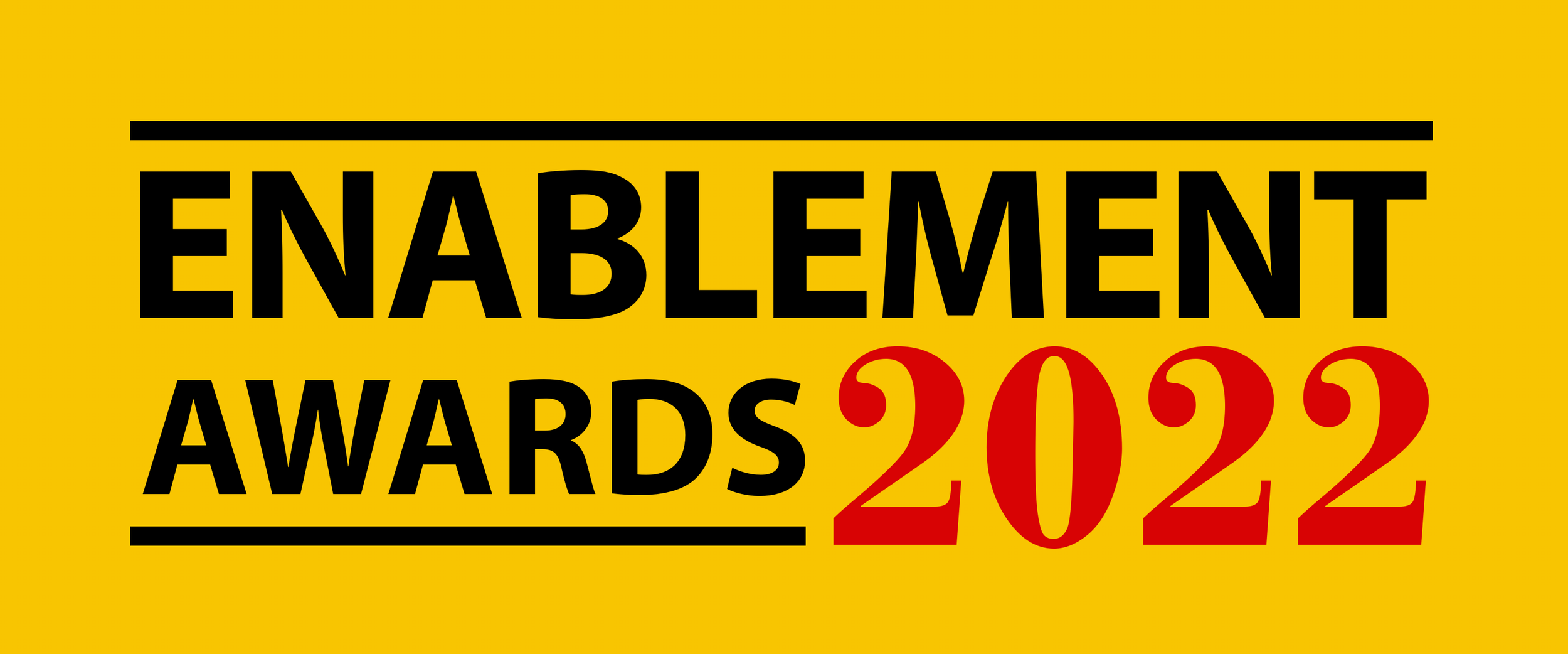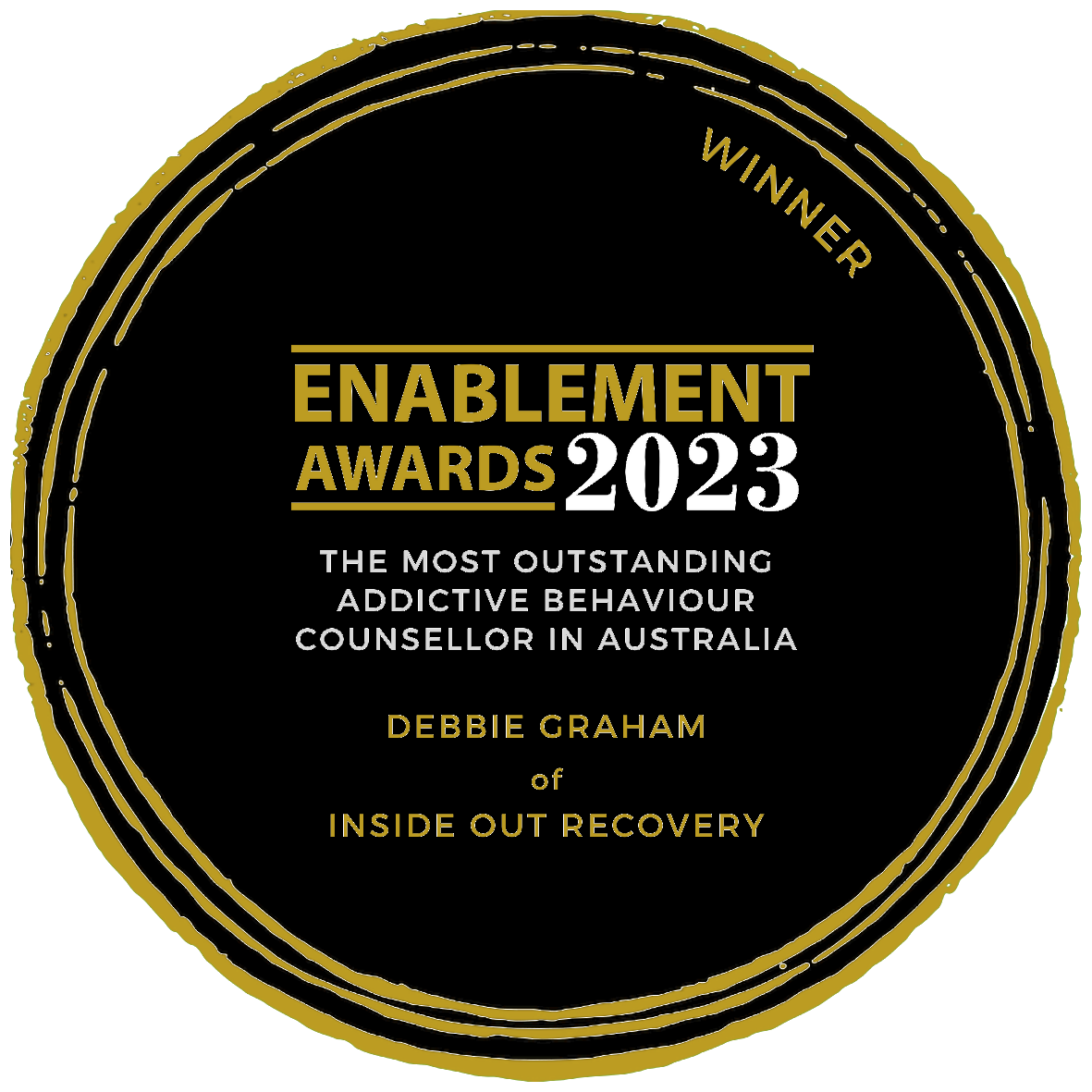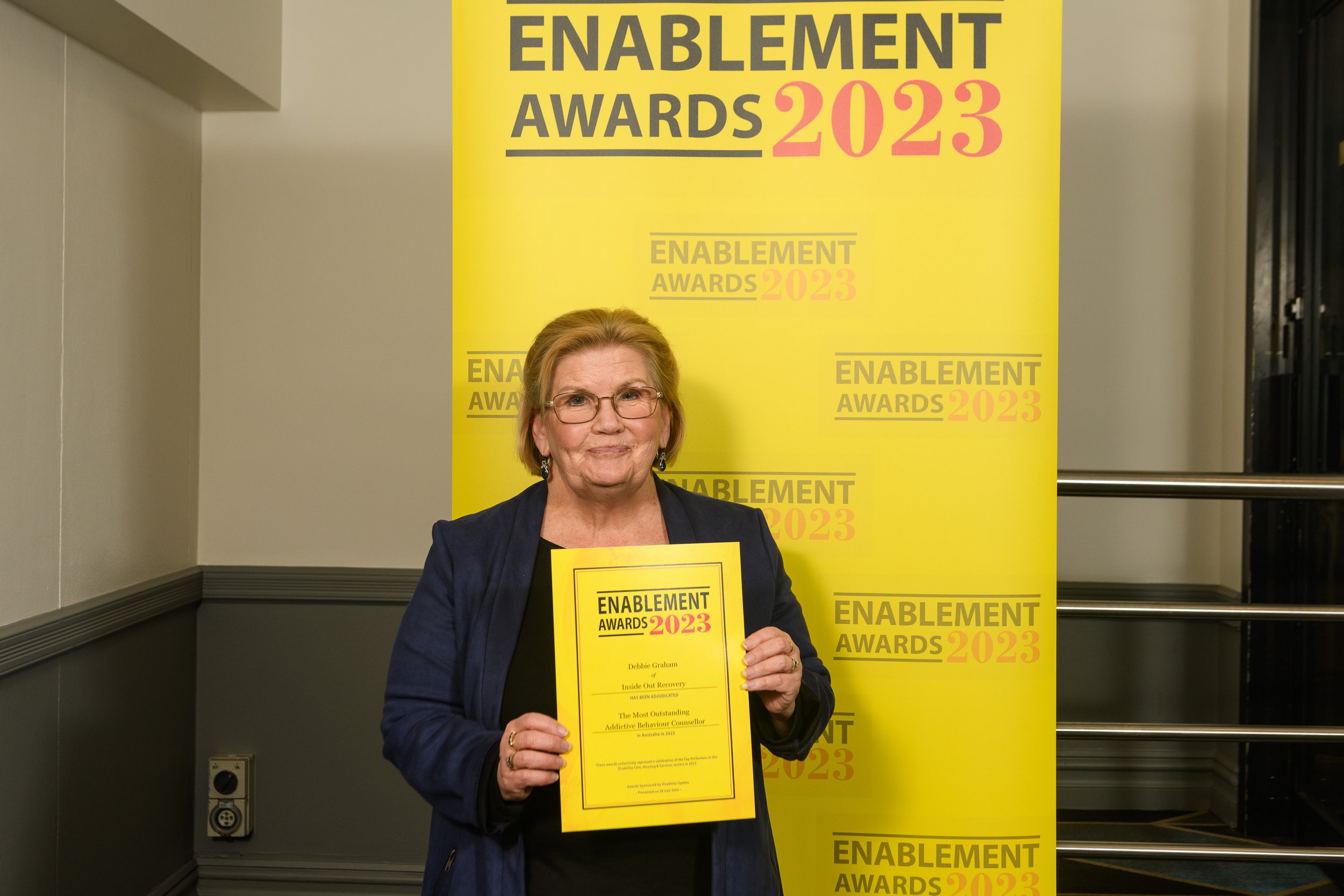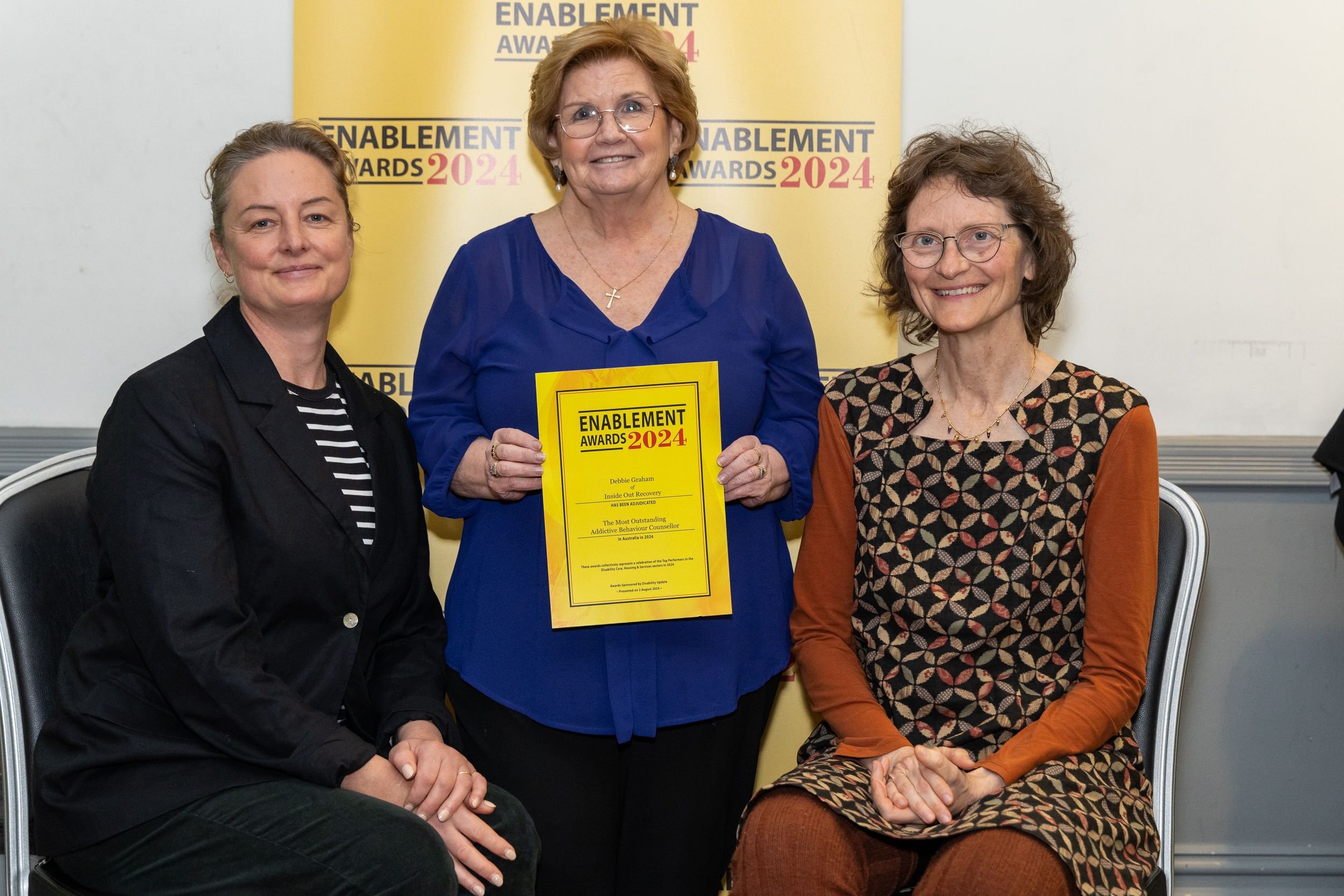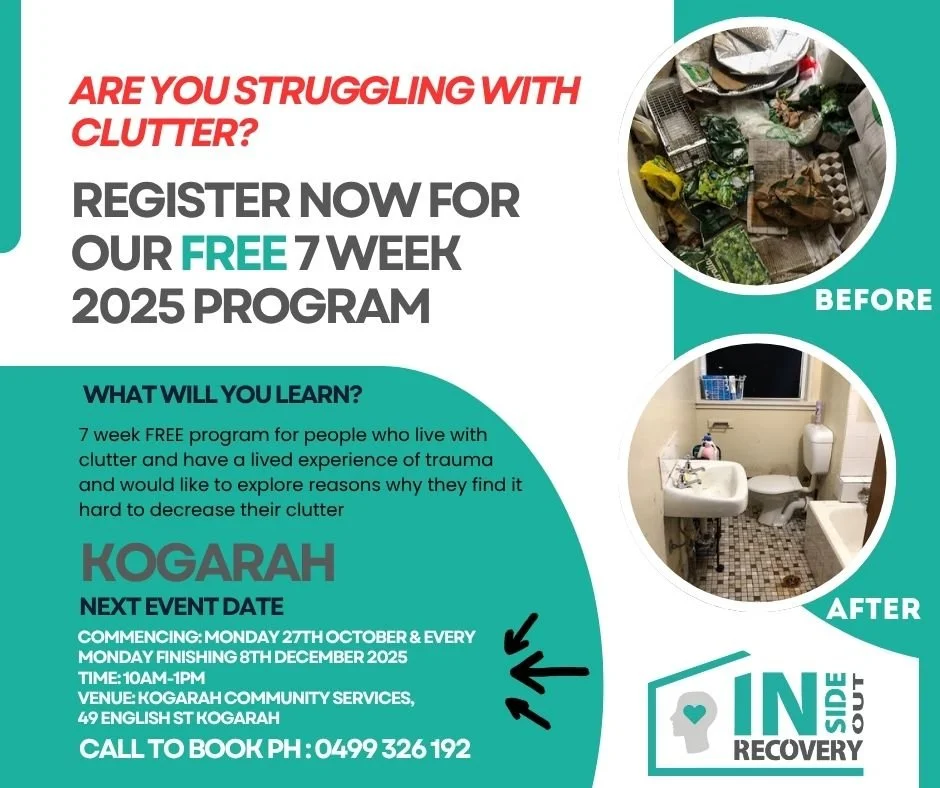WELCOME TO INSIDE OUT RECOVERY
TRAINING & WORKSHOPS WITH DEBBIE GRAHAM, SUPPORTING CHANGE THROUGH UNDERSTANDING
Explore our programs to find the right fit for your organisation, team, or community.
Every workshop is delivered with empathy, experience, and a deep understanding of the real life challenges people face, because meaningful change starts from the inside out.
Tailored Training is also available for NDIS providers, support coordinators, and healthcare professionals, ensuring your team is equipped with practical knowledge and person centred approaches.
We also offer community workshops designed for the public:
🔹 The Good, The Bad & The Ugly of Clutter – A 1.5 hour introductory presentation
🔹 Decluttering Workshops – A 2 hour skill building session
🔹 Decluttering 3 Week Workshop Series – Deeper exploration of the psychological impact of clutter and practical strategies to create change
At Inside Out Recovery, we deliver practical, trauma informed training and workshops designed to empower professionals, community members, and individuals to better understand and support those experiencing complex challenges, including hoarding, squalor, trauma, and clutter-related behaviours.
Led by experienced trainer and facilitator Debbie Graham, our programs combine evidence based content with real world insight, equipping participants with the skills, confidence, and compassion to make a meaningful difference.
Our professional and community training offerings include:
🟡 Unpacking the Complexity of Hoarding Disorder and Severe Domestic Squalor
🟡 Understand and Work with People Living in Hoarded and/or Squalored Environments
🟡 Understanding the Window of Tolerance
🟡 Trauma Informed Care
🟡 CALM – Accredited Suicide Prevention Training
🟡 Buried in Treasures – Train the Trainer
🟡 Eat the Elephant & Buried in Treasures – Community Programs

Upcoming events
*
Upcoming events *
Location: Kogarah
Do you live in a very cluttered environment?
• Do you find it hard to declutter?
• Is your tenancy at risk because of your clutter?
• Does your clutter cause you to feel anxious or overwhelmed?
• Would you like to restore functionality to your home?
If you answered YES to any of these questions, then
The Eating the Elephant Support program may help you.
The Eating the Elephant program is a 7 week FREE program that will assist you:
• To understand your acquiring behaviours
• Give you strategies for managing your anxiety
• Understand how to emotionally regulate and strengthen your
overall wellbeing
• Increase your ability to declutter even in the midst of
feeling overwhelmed
• Give you strategies to declutter
Commencing: Monday 27th October & every Monday finishing 8th December 2025
Time: 10am-1pm
Kogarah Community Services, 49 English St Kogarah
To register please call Debbie 0499 326 192



CALM - Accredited Suicide Prevention training
This workshop equips and empowers participants to recognise and respond to warning signs of suicide, ask about suicide and then provide warm referrals for further support to build hope.
